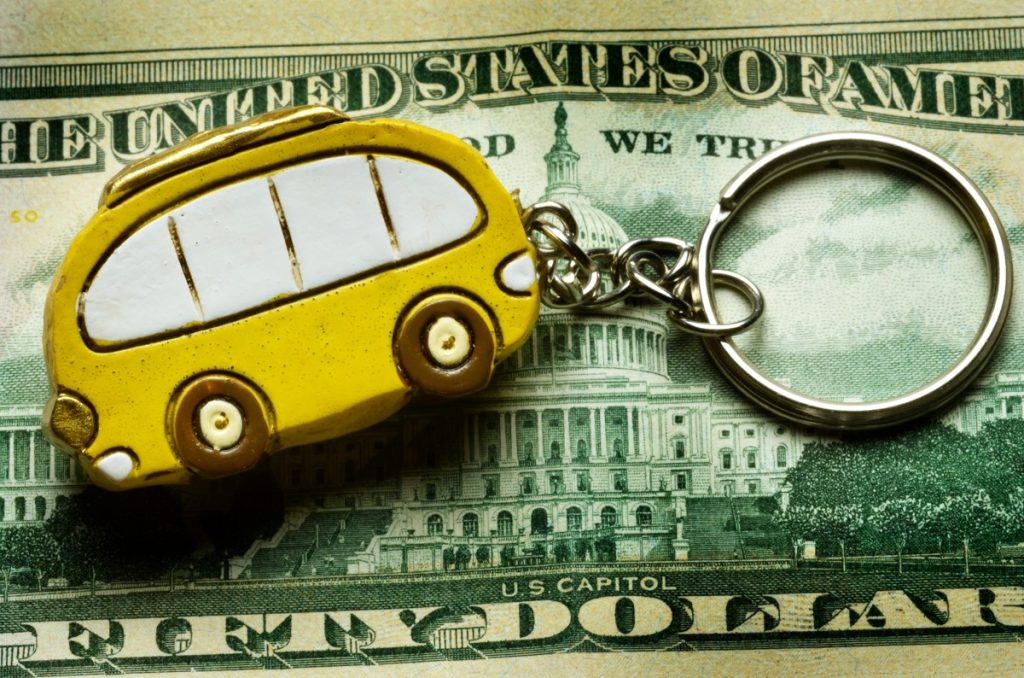
Determining Your Budget
The first step in budgeting for an RV is to determine how much you can afford to spend. Take a look at your finances and consider factors such as your income, savings, and any existing debts. Be realistic about what you can comfortably afford without putting yourself in financial strain.
Researching RV Costs
Once you have a budget in mind, start researching the costs of different types of RVs. Consider factors such as size, amenities, and brand to determine which RV best fits your needs and budget. Keep in mind that in addition to the purchase price, you will also need to budget for ongoing expenses such as insurance, maintenance, and campground fees.
Saving for a Down Payment
If you plan to finance your RV purchase, it’s a good idea to save for a down payment. A larger down payment can help lower your monthly payments and reduce the overall cost of the RV. Start setting aside money specifically for your RV purchase to ensure you have enough for a down payment when the time comes.
Budgeting for Ongoing Expenses
In addition to the upfront costs of purchasing an RV, it’s important to budget for ongoing expenses. Factor in costs such as insurance, maintenance, fuel, campground fees, and any other expenses associated with RV ownership. Consider creating a separate budget specifically for RV-related expenses to ensure you can afford to enjoy your RV without breaking the bank.
If you’re in the market for an RV, be sure to visit Hamiltons RV in Saginaw, MI. With a wide selection of new and used RVs, as well as financing options and a knowledgeable staff, Hamiltons RV can help you find the perfect RV within your budget. Stop by today to start your RV journey!
